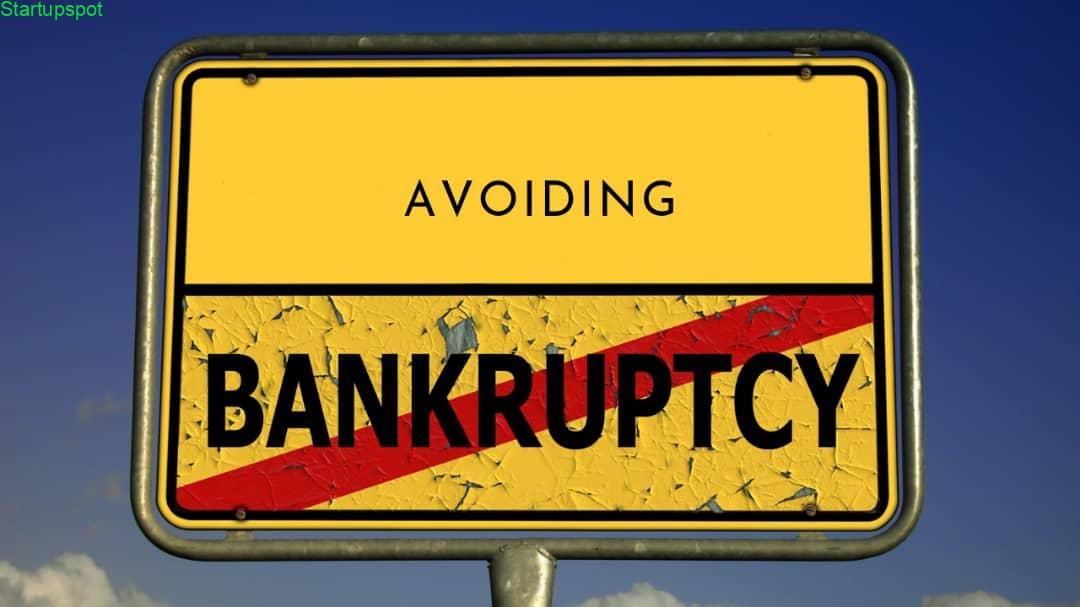The threat of bankruptcy can be daunting, but with strategic planning and proactive measures, you can avoid financial crises. This guide provides practical insights into avoiding bankruptcy, emphasizing the importance of prudent financial management and decision-making to establish a robust foundation for your economic well-being.
Create a Comprehensive Budget: Your Financial Roadmap
The first step in avoiding bankruptcy is crafting a detailed budget. Assess your income, expenses, and outstanding debts meticulously. Categorize your spending and identify areas where you can cut back. A well-structured budget serves as your financial roadmap, providing clarity on where your money goes and enabling informed decision-making.
Emergency Fund: A Financial Safety Net
Establishing an emergency fund is crucial to prevent financial crises. Aim to save three to six months’ worth of living expenses. This fund acts as a safety net, allowing you to cover unexpected expenses without resorting to debt. Prioritize building and maintaining this fund as a foundational step toward financial security.
Debt Management: Tackling Liabilities Head-On
Effectively managing existing debts is essential to avoid spiraling into bankruptcy. Prioritize high-interest debts and explore debt consolidation options. Negotiate with creditors for favorable terms and consider seeking professional advice if necessary. Developing a structured debt repayment plan can help regain control of your financial situation.

Live Within Your Means: Prudent Spending Habits
Resist the temptation of overspending and live within your means. Distinguish between needs and wants, making conscious decisions to prioritize essential expenses. Cultivating frugal habits ensures that your lifestyle aligns with your financial capacity, reducing the risk of accumulating unmanageable debt.
Diversify Income Streams: Enhancing Financial Resilience
Explore opportunities to diversify your sources of income. Side hustles, freelance work, or investments can provide additional financial stability. Diversification not only increases your overall income but also creates a safety net in case of unexpected job loss or economic downturns.
Regularly Review and Adjust: Adapting to Changing Circumstances
Financial situations evolve, and so should your financial strategy. Regularly review your budget, assess your goals, and adjust your financial plan accordingly. Be flexible in adapting to changing circumstances, ensuring that your financial approach remains aligned with your objectives and the economic environment.
Insurance Coverage: Protecting Your Assets
Invest in comprehensive insurance coverage to safeguard your assets and protect against unforeseen events. Health insurance, property insurance, and disability insurance can mitigate the financial impact of unexpected emergencies, preventing them from derailing your financial stability.
Seek Professional Advice: Financial Guidance
If you find yourself facing significant financial challenges, seeking professional advice is a wise step. Consult with financial advisors, credit counselors, or debt management professionals who can provide tailored guidance based on your specific circumstances. Their expertise can help you navigate complex financial issues and make informed decisions.
Legal Assistance: Know Your Rights and Options
If your financial situation becomes particularly challenging, seeking legal assistance can be a crucial step. Understanding your rights and exploring legal options can provide valuable insights. Consult with a bankruptcy attorney early in the process to explore alternatives and gain a clear understanding of the legal implications of your financial decisions.
Negotiate with Creditors: Open Communication for Solutions
Maintaining open communication with creditors is essential when facing financial difficulties. If you encounter challenges in meeting your financial obligations, contact your creditors proactively. Many creditors are willing to negotiate alternative payment plans or temporary relief options. Establishing clear communication can prevent the situation from escalating and create a more manageable path forward.
Conclusion: A Path to Financial Security
In conclusion, avoiding bankruptcy requires proactive financial management and prudent decision-making. By creating a comprehensive budget, building an emergency fund, managing debt effectively, and making informed financial decisions, you can chart a path toward financial security. Remember, consistency and adaptability are key in maintaining a stable financial future.



